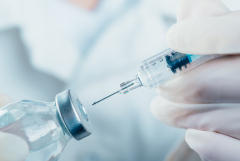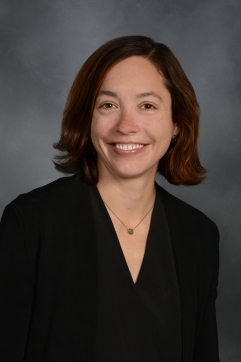Chemotherapy activates a stress sensor in immune cells, triggering inflammation and nerve damage, which may help explain why many cancer patients experience debilitating pain as a side effect, according to a new study by Weill Cornell Medicine and Wake Forest University School of Medicine researchers.
Up to half of all patients receiving chemotherapy experience chemotherapy-induced peripheral neuropathy (CIPN), which causes tingling, numbness and pain in the hands and feet. Since there are limited options to address this condition, patients are often forced to stop their cancer treatment early. The preclinical research, published Oct. 29 in Science Translational Medicine, may lead to strategies for preventing and controlling CIPN, as well as biomarkers for identifying patients at risk.
“We uncovered a molecular mechanism that maps specifically to immune cells, not neurons,” said co-senior author Dr. Juan Cubillos-Ruiz, the William J. Ledger, M.D. Distinguished Associate Professor of Infection and Immunology in Obstetrics and Gynecology at Weill Cornell Medicine. “This provides strong evidence that chemotherapy-induced neuropathy is not just a nerve issue but an immune-mediated inflammatory process driven by cellular stress responses.”







